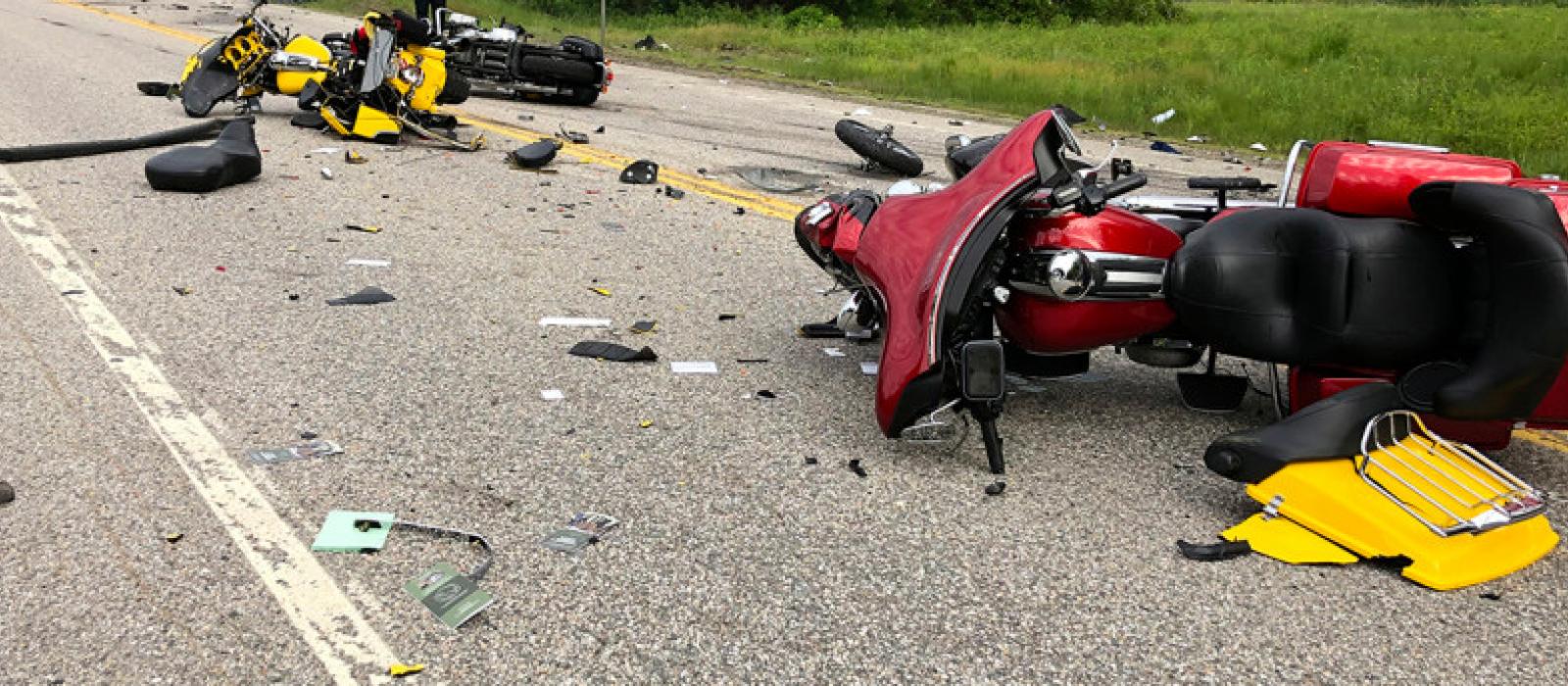Every year, the number of injuries and fatalities in motorcycle accidents seems to grow.
Motorcycles have exceptionally high gas mileage and are very economical, but the downside is that they can also be very dangerous. When a person changes lanes or makes a turn without checking to see if a motorcyclist is present, serious catastrophic injuries could occur.
The National Highway Traffic Safety Administration (NHTSA) has reported that those on motorcycles are 35 times more likely to be involved in a potentially fatal accident on the road than those in automobiles. Throughout the U.S., approximately 11% of all roadway collisions involve a motorcycle. Per the NHTSA, more than half of all motorcycle accidents resulting in fatality are a result of head-on collisions. No matter the cause of the motorcycle collision, the results can be catastrophic.
Even when a motorcyclist wears high-quality protective gear and a helmet, catastrophic injury is quite possible. High-speed accidents can cause a motorcyclist to be thrown from the scene of the collision, and the impact with the pavement could cause road rash, broken bones, spine injury or traumatic brain injury. These injuries could permanently limit the victim's physical abilities due to brain damage, a coma, or paralysis, and no matter what, the medical bills will be astronomically high.
The only way such an injury victim can hope for adequate coverage is by hiring an experienced lawyer to fight for the payment they deserve.

